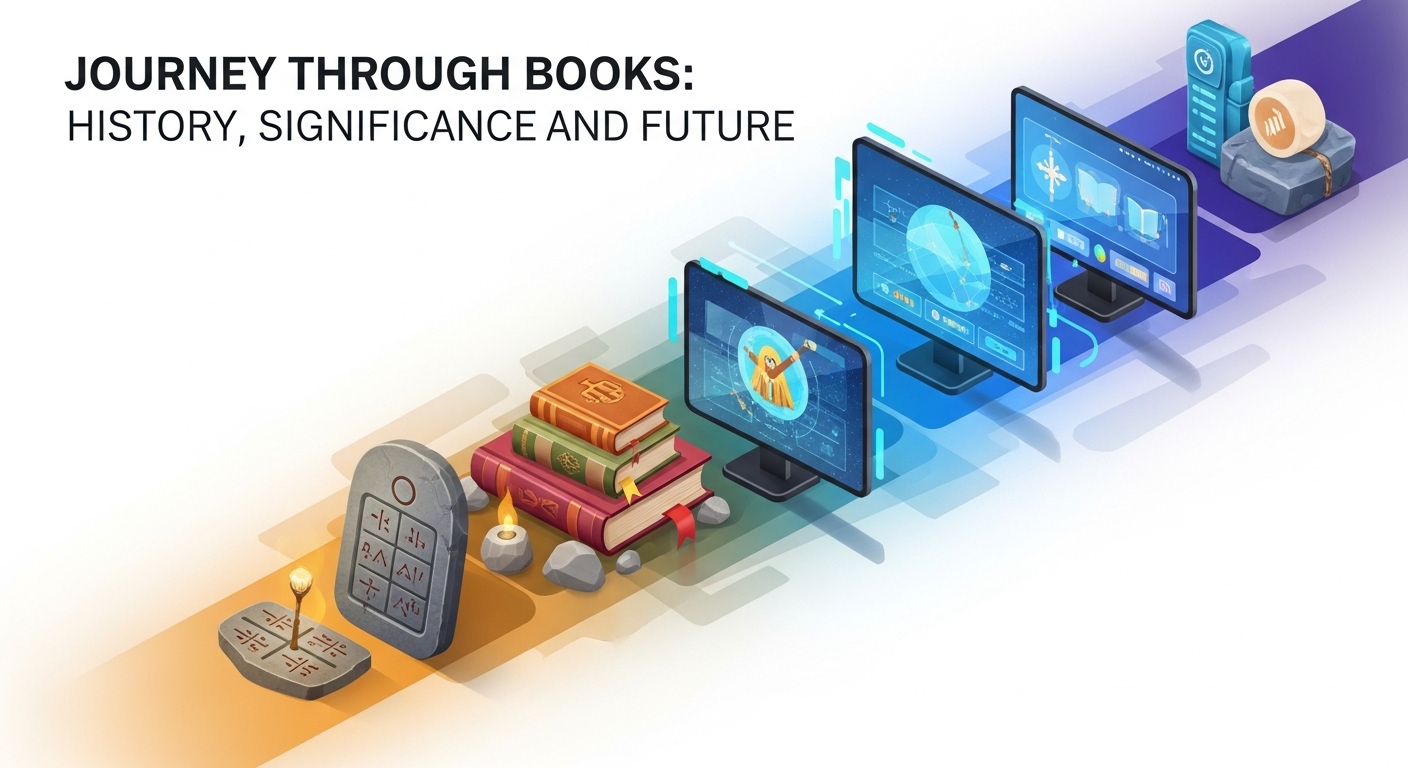**Exploring the World of Books**
In a world filled with digital distractions and fleeting information, the timeless allure of books continues to captivate readers across generations. Books are not just bound collections of pages; they are portals to new worlds, repositories of knowledge, and vessels of imagination. From ancient scrolls to modern e-books, the evolution of books has mirrored the progress of human civilization itself. Let’s dive into the fascinating realm of books, exploring their history, significance, applications, and future trends.
**A Brief History of Books**
The history of books dates back thousands of years, with early civilizations using various mediums such as clay tablets, papyrus scrolls, and parchment manuscripts to record information. The invention of the printing press in the 15th century revolutionized the production and distribution of books, making them more accessible to a wider audience. Over time, books have evolved from handwritten manuscripts to mass-produced volumes, encompassing a diverse range of genres and subjects.
**The Significance of Books**
Books play a crucial role in shaping our intellectual, emotional, and cultural landscapes. They serve as vehicles for storytelling, education, and self-discovery, allowing readers to explore different perspectives and experiences. Books have the power to inspire, inform, and empower individuals, fostering a lifelong love of learning and creativity. Whether fiction or non-fiction, books have the ability to transcend boundaries and connect people from diverse backgrounds through the shared experience of reading.
**Applications of Books in the Modern World**
In today’s digital age, books continue to thrive in various forms, including physical books, e-books, audiobooks, and digital platforms. Books are not just sources of entertainment; they are valuable resources for education, research, and personal development. Schools, libraries, and universities rely on books as primary sources of information, while authors and publishers use books as a medium for artistic expression and communication. Moreover, books have found new applications in fields such as therapy, mindfulness, and cognitive development, demonstrating their enduring relevance in a rapidly changing world.
**Future Trends in the World of Books**
As technology continues to advance, the future of books is poised for further innovation and transformation. E-books and digital publishing platforms have opened up new possibilities for authors and readers alike, enabling greater accessibility and interactivity. Virtual reality and augmented reality technologies are redefining the reading experience, offering immersive narratives and interactive storytelling. Moreover, the rise of audiobooks and podcast adaptations is expanding the reach of books to audiences beyond traditional readership demographics.
**Conclusion**
In conclusion, books hold a special place in our hearts and minds, serving as windows to the past, present, and future. As we navigate a rapidly changing world, the enduring appeal of books lies in their ability to inspire, inform, and entertain us. Whether in physical form or digital format, books continue to enrich our lives and expand our horizons. So, next time you pick up a book, remember that you are not just holding a collection of pages; you are embarking on a journey of discovery and imagination. Embrace the world of books, for within their pages lies a universe waiting to be explored.


